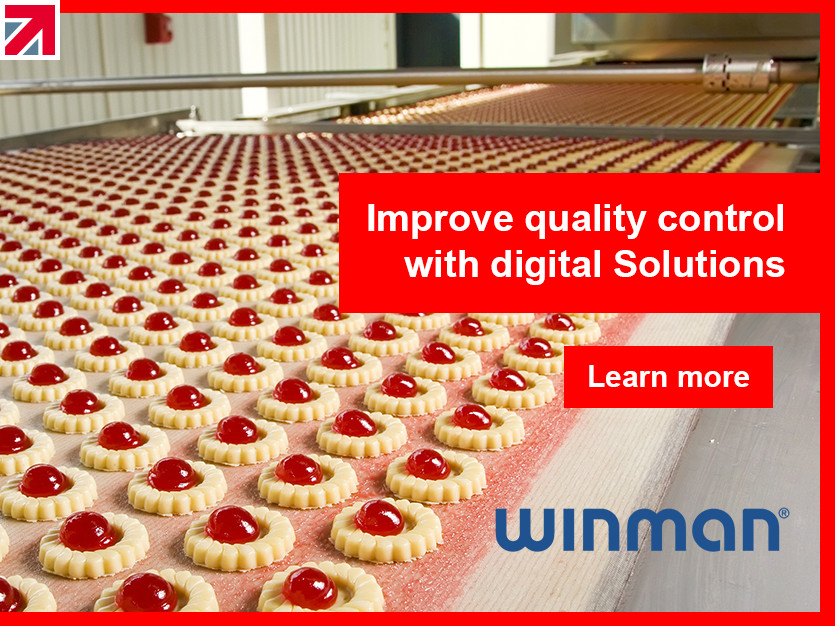Gluten intolerance is something we hear about more regularly these days, and for good reason. If you suffer from a gluten intolerance or coeliac disease, what might seem like a simple slice of bread to others can cause hours or even days of discomfort. From bloating and brain fog to serious digestive issues, the effects can be both painful and disruptive to everyday life.
For many, enjoying baked goods or processed foods means constantly checking labels, avoiding cross-contamination, and often settling for gluten-free options that don’t quite hit the mark in terms of taste or texture. It’s a frustrating compromise that people shouldn’t have to make.
Thankfully, innovation in this space is starting to shift the landscape. A forward thinking start-up is developing new technology aimed at transforming gluten-based foods into safe, gluten-free alternatives, without compromising on the experience. Imagine being able to enjoy a soft, fresh loaf of bread without the risk. This solution is currently undergoing trials, and its potential could be revolutionary.
But innovation in food manufacturing requires more than new ingredients or scientific breakthroughs. Behind the scenes, systems need to support safety, quality, and transparency, and that’s where ERP (Enterprise Resource Planning) comes into play.
For manufacturers producing gluten-free or allergen-sensitive foods, ERP systems are vital. Here’s why:
-Traceability: ERP allows businesses to track every ingredient and production step, from raw material to finished product. For gluten-free foods, this is crucial for proving there’s no contamination in the supply chain.
-Batch recalls: In the rare event something goes wrong, ERP makes it possible to identify and recall specific batches quickly, minimising risk to consumers and protecting brand trust.
- Quality control: With real-time data and monitoring, ERP helps ensure consistent, safe, high-standard products every time.
By combining scientific innovation with smart manufacturing tools like ERP, food companies can deliver gluten-free products that aren’t just safe, but genuinely enjoyable. This is more than a technical improvement; it’s a shift toward a more inclusive, thoughtful food industry where people don’t have to choose between health and taste.
As we move further into 2025, it's clear that technology will continue to drive the future of food. For those living with dietary restrictions, that future can’t come soon enough.
Want to explore how ERP can support innovation and safety in food manufacturing?
Get in touch with us today, we’d love to help
Find out more about WinMan ERP on their member profile page here
Member-created content 5 months ago | From members
